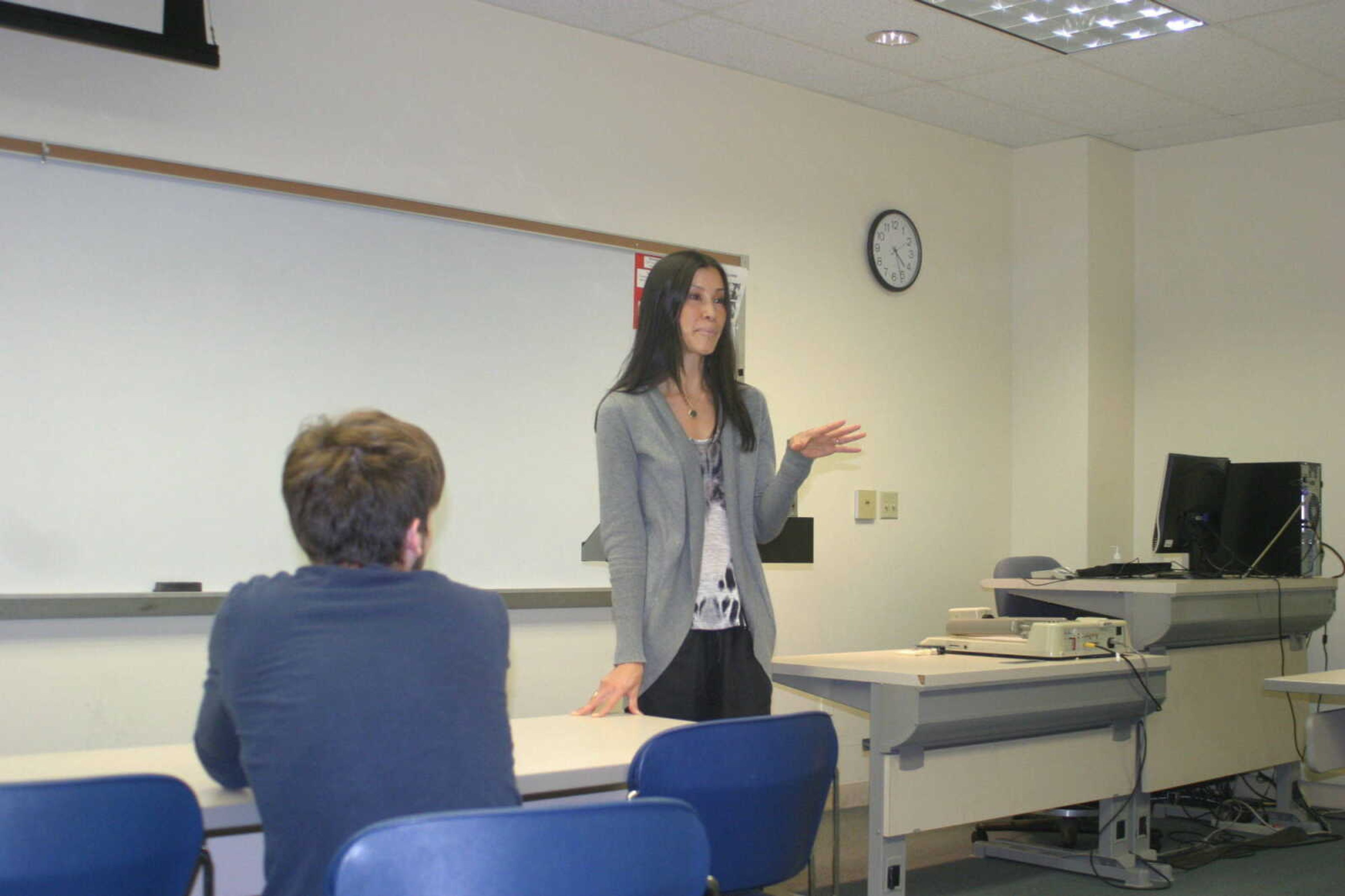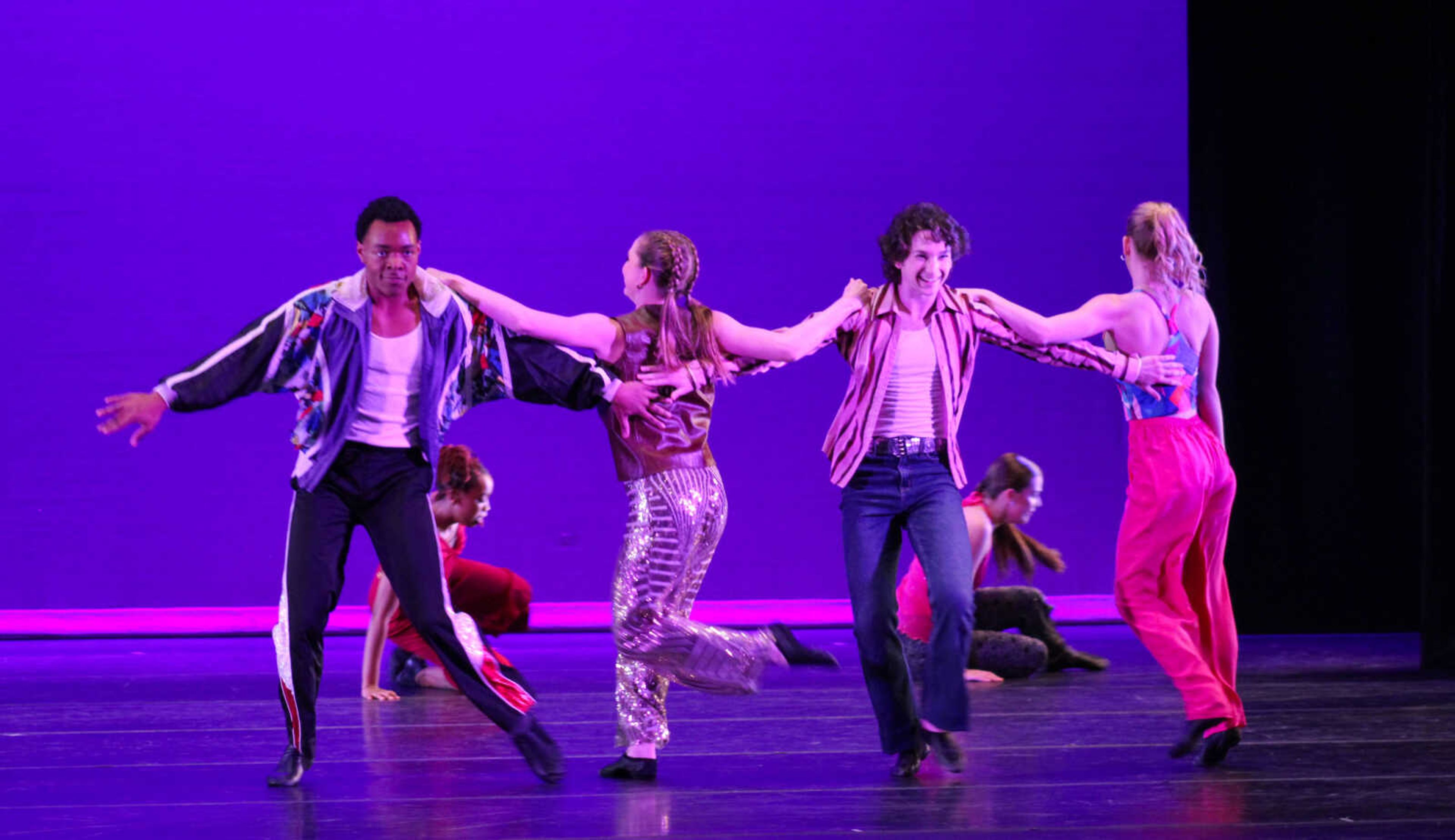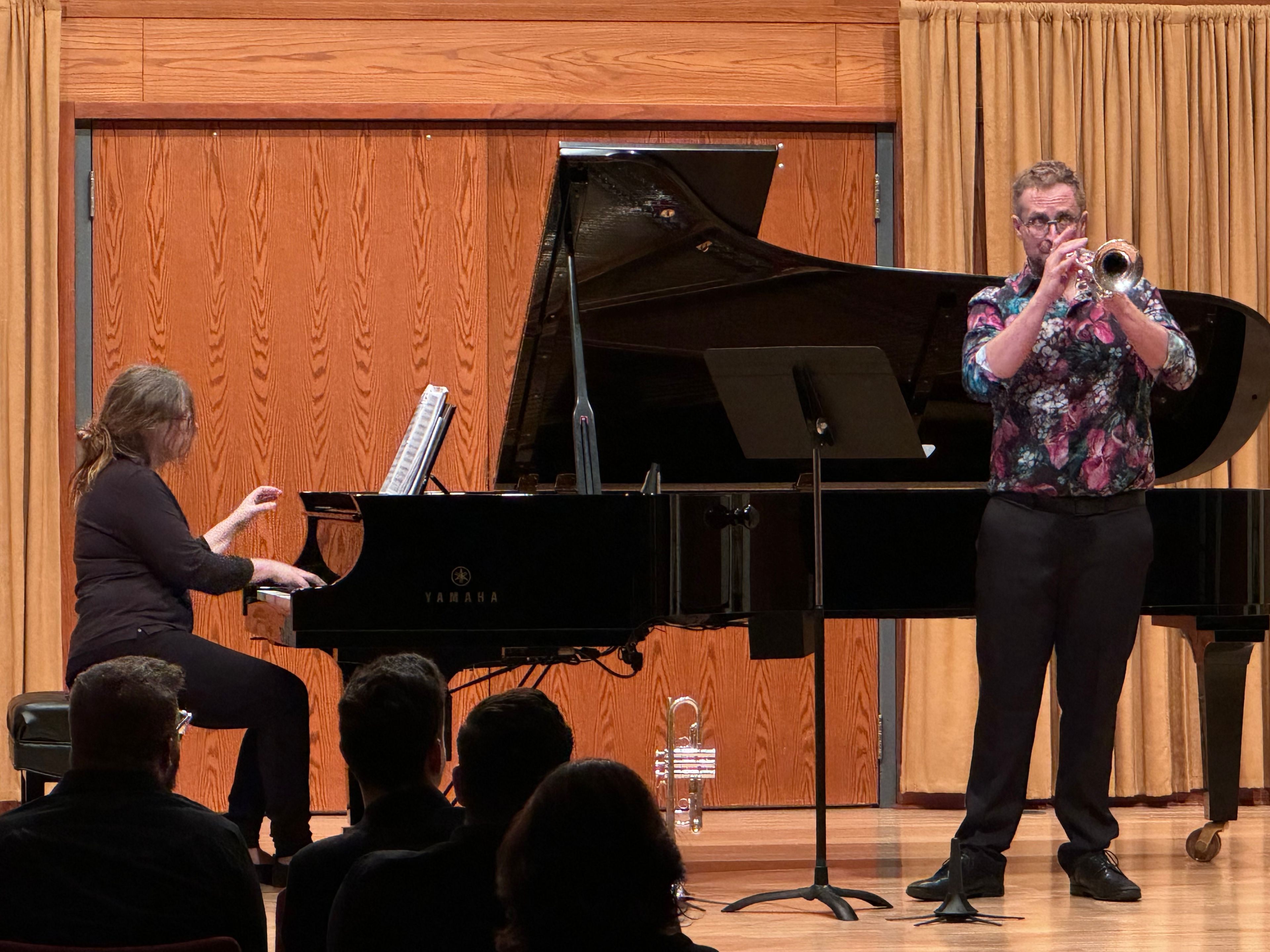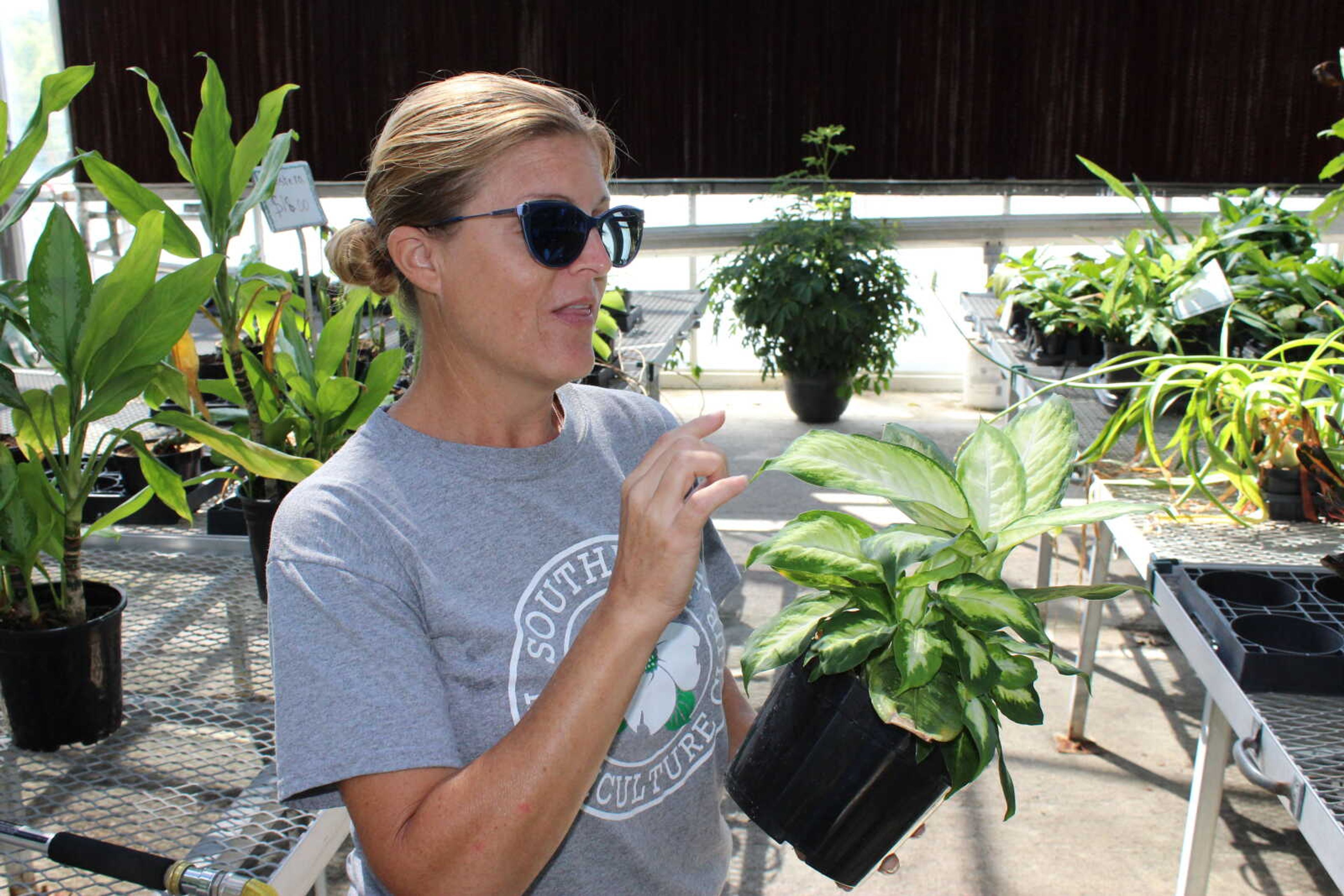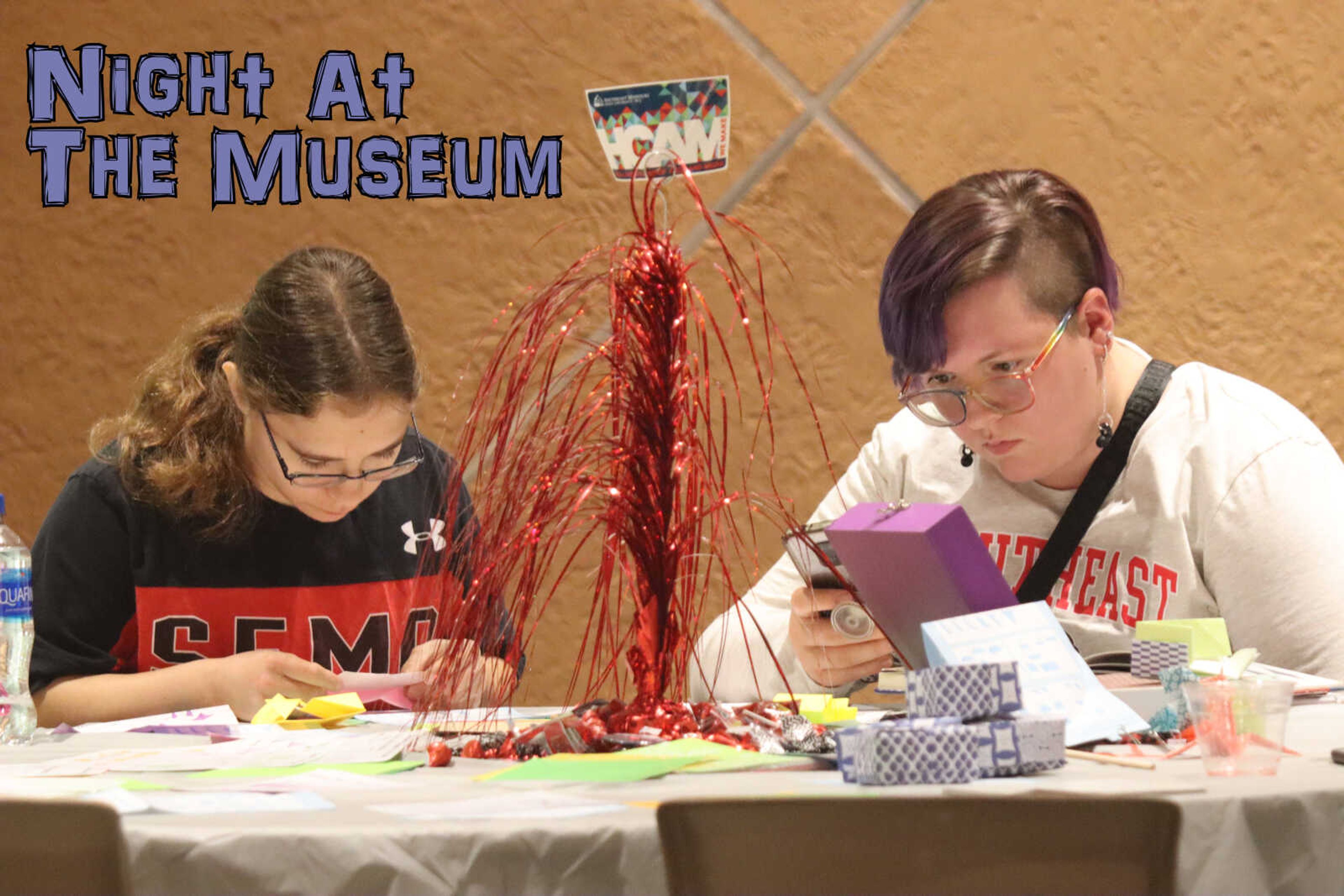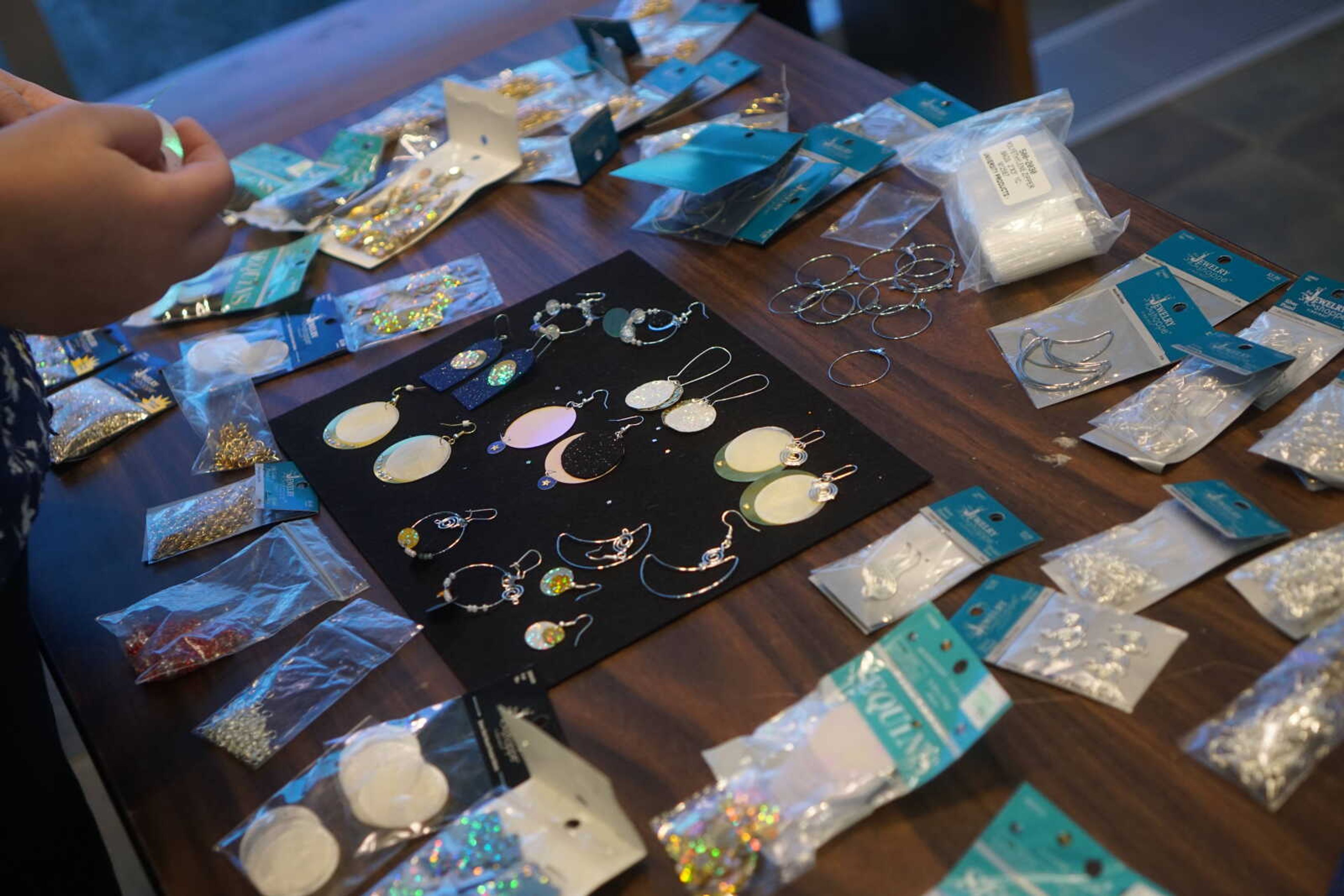Lisa Ling, who spoke at
Southeast Missouri State University's Show Me Center on Sept. 20, hosts a show on the Oprah Winfrey Network called "Our America with Lisa Ling." She began her journalism career at the age of 18 on Channel One News and has since worked for CNN, ABC News and National Geographic, among other special assignments. Ling sat down with a small group of journalism students at Southeast a few hours before her presentation for a question and answer session.
Q:Can you explain the response you received for the comment you made on "The View" following Sept. 11. [Editor's note: Ling said, "What happened to the United States was a catastrophic event and the worst terrorist attack in human history. Yet maybe before we seek revenge, we should ask the question -- why should anyone want to make such an attack on the U.S.?"]
A: ... The U.S. has been deeply involved in these countries for a very long time, and, when I was in both Afghanistan and Pakistan, I just couldn't believe what I was seeing.
So many young boys were armed to the teeth and were carrying weapons provided to them by the United States. It had become so lawless. They turned their guns on each other in a civil war. The tribal commanders had inflicted war on each other.
... As a young journalist, I came back to America, and I was so surprised that nobody was talking about this, despite the fact that the U.S. was so involved in Afghanistan. It was this festering problem and it was continuing to grow in that part of the world unbeknownst to the U.S., despite the fact that the U.S. had spent so much money -- over one billion dollars -- in Afghanistan so that they could fight this proxy war against the Soviet Union. So, I guess, long story short -- I was surprised that this terrorist attack [Sept. 11] happened.
Even then in 1994, when I was 21 years old, I said to myself, somehow, I don't know when, we are going to be familiar with this region in the world.
... A commander said to me 'You come to this country and you arm us to the teeth and you pour billions of dollars in our country and then you just leave.' It was a certain knowledge that it was going to come back and haunt us. So when I got that reaction I was surprised because it didn't seem like people were willing to familiarize themselves with the situation.
Q:Even at a college level, do you think there should be a certain level of desire for studying journalism as opposed to "I'm just doing this to get a job?"
A: Sure. I find that, especially given this challenging economy, people are going to college thinking 'What do I need to study to get a job?' rather than going to college to get a better education.
I'm someone that grew up without a lot of money, and it was at my job with Channel One that I started to travel. And that changed my life. I was young. I was 18 years old. I was traveling the world. If you do get an opportunity, it is the best education you could ever get. College will be there but I truly believe that if you get the opportunity to leave your comfort zone -- it may be out of your country or out of your city just volunteering somewhere -- you will become more marketable. It's a pretty powerful resumé. When you travel and when you leave your comfort zone, your horizons expand.
Q:What would you suggest to journalism students who want to conform to the demands of their job without losing their ethics?
A:When broadcast news programs have to adhere to the same rating system as "The Real Housewives" and "Jersey Shore" -- it's the truth that they have to compete -- I feel like news organizations should be held to a different kind of standard and not have to compete with Bravo and MTV and all of that.
As people who are wanting to pursue this, I think that you have to think long and hard about the jobs that you decide to take. There are opportunities to tell substantive stories if they're good enough. And if you tell them with enough creativity and ingenuity, then I think people will respond.
... There are decisions that you as an individual have to make. If you went to Fox News or NBC and tried to push a certain kind of story and you're rejected, then ultimately you have to decide if you can accept what they're asking you to do.
If not, there are outlets that are out there that you can explore. They just might not be as high profile, maybe not as lucrative. So it depends on how far you're willing to push it.
Q:Besides traveling, what has really prepared you the most for the job you have today?
A: Honestly, for me it really was to travel. I majored in history and was actually working at Channel One while I was in college, so my journey is a little unorthodox because I started traveling so much when I was in college.
My biggest regret was that I didn't immerse myself in another world for more than a year. I wish, if I could do it all over again, I would live in Mexico or China or somewhere for a year and just learn the language really well.
Q:After seeing what you've seen in your career would you say you're more pessimistic in the way the world works or do you just see it as even more beautiful?
A: I definitely see hope in everything, otherwise I could not do this. I've seen so much heartache. I've seen so many things that continue to haunt me. But for every dark aspect of humanity that I witness in the world I always see the best in humanity at the same time. I discover people who have risked their lives to help other people, or people who just sort of quit everything to pursue something that touches them. I see hope and I actually think that the thing that inhibits us is ignorance, that close-mindedness, that desire to not know. I feel there isn't a single thing in my life or a place that I've visited that I regret.
Q:How do you go about getting such in-depth stories?
A: My team and I are constantly reading everything and pitching stories all the time. And I happen to be an intrinsically curious person, so I'm pitching stories every day. I read something and I'm like 'We should do this!' Then we have a team that does a little more research, and we'll pitch it to the network. So I would say, for my series, about half comes from me and my team and the other half comes from the Oprah Winfrey Network.
That's why what I do is so unique. I finally found this organization that is allowing me to do the kinds of stories I've always dreamt of doing.
Plus, it's been successful and no one really thought that it would be because the topics are pretty meaty.
They are not only renewing me for a second season but they're wanting more and more shows, and I hope that other networks see that they are doing well and that there is an appetite for good storytelling.
... I write, I explore, I ask questions of people. Every time I finish a show I always get so excited because I think 'Yes! That's the best show I've done!' because I love storytelling and everyone has a story. I'm sure if you went out and interacted with fellow students you'd be astounded by what you'd learn. We go through life not knowing what is going on beneath the surface.
